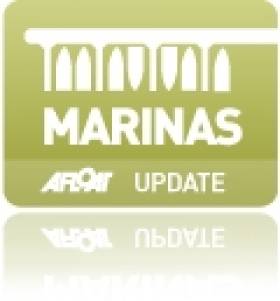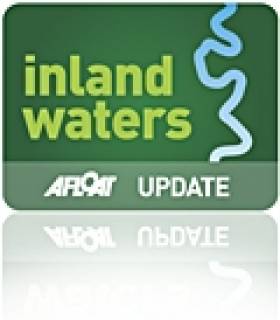Displaying items by tag: berths
Massive Fee Increases Proposed for Harbour Yacht Berths
#IRISH HARBOURS - Yachts berthing at Ireland's main fishing harbours could see their charges hiked by an incredible 800 per cent.
According to The Irish Times, Marine Minister Simon Coveney has announced a mere 21 days for comment and consultation on the draft Fishery Harbour Centres (Rates and Charges) Order 2012. The consultation document is attached to the bottom of this post and available to download as a pdf.
The proposed new charges include an annual fee of €250 per metre for yachts, which could see a 10-metre yacht currently paying €312 a year for a berth shell out as much as €2,500 annually for the same space.
Additional water and electricity costs could even see this bill rise to €3,100 - for berths that come "without proper marina facilities in most cases".
The proposals apply to the State's six fishery centres at Killybegs, Rossaveal, Dingle, Castletownbere, Dunmore East and Howth, only two of which have pontoons suitable for leisure boats.
The Irish Times has more on the story HERE.
Athlone's Lakeside Marina to Open 50 New State of the Art Berths in 2011
Lakeside marina are getting on with improvements, recession or not. It's out with the old and in with the new in Athlone as Lakeside on the inland waterways extends and removes all older jetties and replaces them with state of the art jetties, electrics and lighting.
The Athlone and Lough Ree area has always been a preferred choice for moorings, even more so recently as its proximity to Dublin, connected by motorway is only an hour away.
When the project is finished in May 2011, Lakeside marina will have modern facilities for 150 boats, indoor winter facilities for 50 boats, lift-out for up to 50 tons, its own transport company, on-site chandlery, on-site Clubhouse and full mechanical and technical back-up.


























































